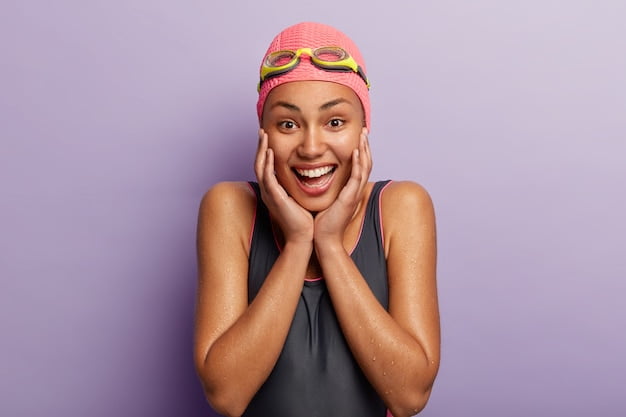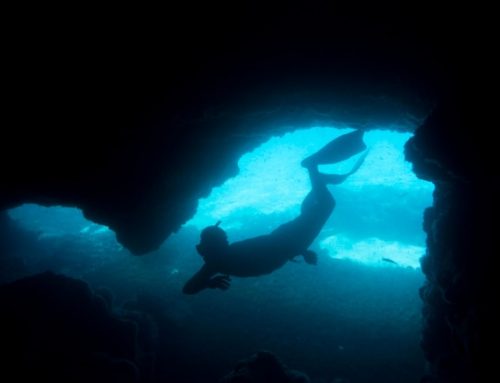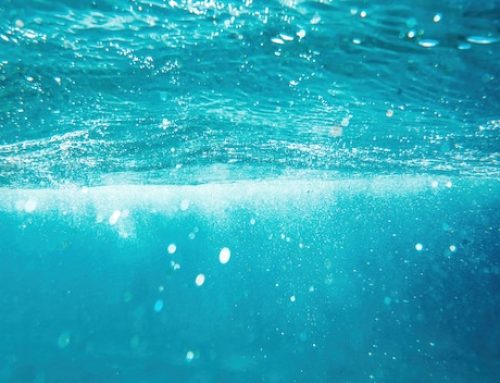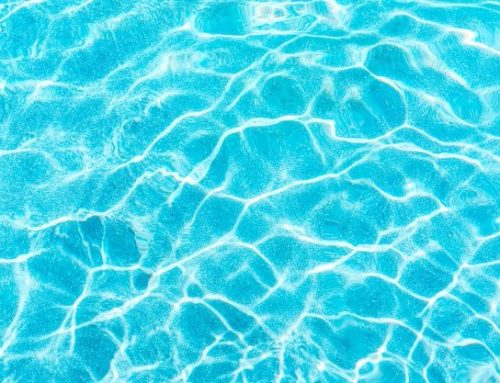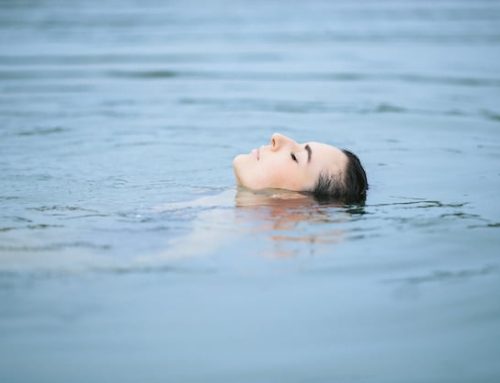Introduction: What to eat after swimming to lose weight?
Swimming is an excellent way to stay fit and healthy, but it’s not just about the exercise, as diet plays a crucial role in weight loss. Whether you’re swimming for leisure or to train for a competition, you need to have a balanced diet that supports your fitness goals. In this blog post, we’ll explore what to eat after swimming to lose weight, so you can make the most of your workouts and achieve your weight loss goals.
Here’s a table suggesting some post-swimming food options for weight loss:
| Food Category | Food Options |
|---|---|
| Lean Protein | Grilled chicken breast, turkey breast, fish, tofu |
| Healthy Fats | Avocado, nuts (such as almonds or walnuts), olive oil |
| Complex Carbohydrates | Quinoa, sweet potatoes, whole wheat bread, brown rice |
| Fiber-Rich Fruits and Vegetables | Berries, spinach, broccoli, kale, bell peppers |
| Greek Yogurt or Cottage Cheese | Plain Greek yogurt, cottage cheese (low-fat options) |
| Hydration | Water, herbal tea, coconut water |
Keep in mind that the key to weight loss is creating a calorie deficit, so portion control and overall caloric intake are crucial. Additionally, incorporating a balanced diet that includes a variety of nutrient-dense foods is important for overall health.
It’s always a good idea to listen to your body and choose foods that align with your dietary preferences and any specific dietary restrictions or considerations you may have.
Swimming pool diet rules: meal before swimming
A meal before swimming in the pool is essential – people who swim on an empty stomach make a big mistake because the body, deprived of its energy reserves, quickly loses strength. The result? Greater fatigue during and after training, poorer sports performance, high risk of catabolism (loss of muscle tissue). Also, do not delude yourself that skipping a meal before swimming will help you lose extra pounds – the lack of fuel for muscles in the form of glycogen will cause the body to burn muscle tissue first instead of fat.

These swimming goggles, designed for both men and women, offer anti-fog and leak-proof features, ensuring clear vision and comfort during aquatic activities. Available in a pack of two, they cater to the needs of adult swimmers.
On the other hand, the meal before training in the pool should not be heavy and linger in the stomach for a long time. This is because the body assumes a horizontal position when swimming, so heavy food content can cause reflux, heartburn and even cause intestinal spasm, which is very dangerous in water. A swimmer’s diet therefore excludes fatty meat, processed and high-fibre products.
A meal that is easily digestible and rich in carbohydrates is advisable. It should be eaten at least one hour before training. If you deliver the food later, your body will switch to digestion mode and send more blood to the digestive tract instead of to the working muscles. This will translate into less performance of the muscular system during exercise.
Protein-Rich Foods
Protein is essential for repairing and building muscles, and it’s crucial to consume protein-rich foods after swimming to aid in muscle recovery. Some good sources of protein include chicken, fish, and eggs. According to the American College of Sports Medicine, consuming protein after a workout can help stimulate muscle growth, repair muscle damage, and speed up the recovery process.
Carbohydrates
Carbohydrates are essential for supplying the body with energy, and it’s vital to consume carbohydrates after swimming to replenish the glycogen stores in your muscles. Good sources of carbohydrates include whole grains, fruits, and vegetables. According to the International Society of Sports Nutrition, consuming carbohydrates after swimming can help replenish depleted glycogen stores and improve endurance in your next workout.
Hydration
Staying hydrated is essential for swimming and weight loss. Drinking water before, during, and after swimming will help to prevent dehydration and promote weight loss. According to a study published in the International Journal of Sports Medicine, drinking water after exercise can help to reduce muscle soreness and improve recovery time. Be sure to drink plenty of water throughout the day, especially after swimming.
Fat-Burning Foods
In addition to consuming protein and carbohydrates, including fat-burning foods in your diet can help you achieve your weight loss goals. Some good fat-burning foods include green tea, grapefruit, and spicy foods. These foods have been shown to boost your metabolism, increase fat oxidation, and suppress appetite.
Supplements
Supplements can also be beneficial when trying to lose weight after swimming. Some good supplements to consider include whey protein, creatine, and BCAA (Branched-Chain Amino Acids). A study published in the Journal of the International Society of Sports Nutrition found that consuming BCAAs after exercise can help to reduce muscle soreness and improve recovery time.
Avoid Processed Foods
While it’s essential to consume the right foods after swimming, it’s equally important to avoid processed foods. Processed foods are high in fat, sugar, and calories, making them a poor choice for weight loss. Instead, focus on consuming whole foods that are nutrient-dense and provide your body with the fuel it needs to recover after swimming.
Conclusion
In conclusion, what you eat after swimming plays a crucial role in weight loss. Consuming protein, carbohydrates, and fat-burning foods after swimming can help speed up muscle recovery, replenish glycogen stores, and boost metabolism. Additionally, staying hydrated is essential for swimming and weight loss, and avoiding processed foods is key to achieving weight loss goals. Incorporating these tips into your diet can help you achieve your weight loss goals and get the most out of your swimming workouts.
